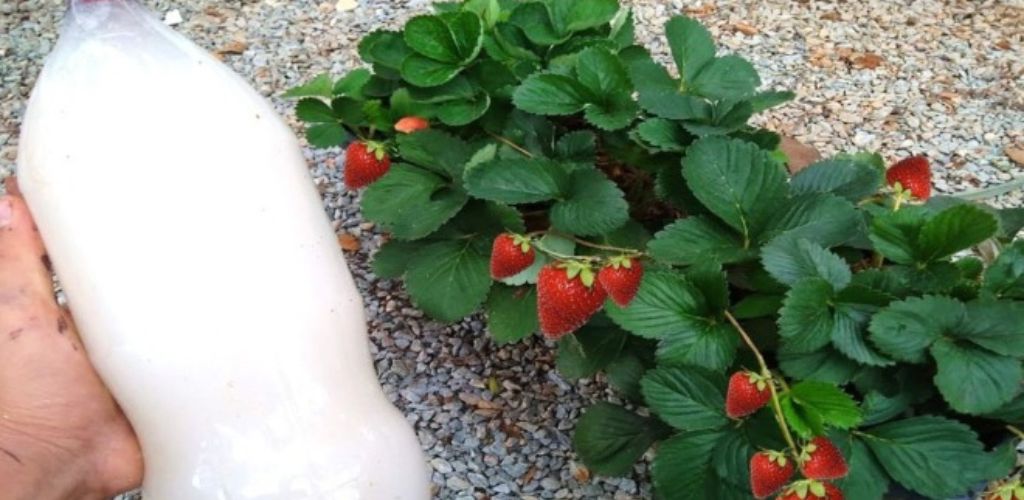06.03.2025
How to make a powerful homemade fertilizer with just 2 ingredients you can revive every plant!
While no single homemade fertilizer can “revive every plant” in all conditions, a simple and effective one using just two readily available ingredients is compost tea made with compost and water.
Here’s why it works and how to make it:
Why Compost Tea Works:
- Nutrient-Rich: Compost is a treasure trove of essential plant nutrients, including nitrogen, phosphorus, potassium, and micronutrients.
- Beneficial Microbes: Compost tea contains a diverse community of beneficial microbes that improve soil health, enhance nutrient availability, and suppress plant diseases.
- Gentle and Versatile: It’s a mild fertilizer that can be used on a wide range of plants, including vegetables, flowers, and houseplants.
How to Make Compost Tea:
- Gather Your Ingredients:
- High-quality compost (avoid compost with meat or dairy waste).
- Non-chlorinated water (tap water can be used if left to sit for 24 hours to allow chlorine to dissipate).
- A bucket or large container.
- A porous bag (e.g., cheesecloth, burlap, old pantyhose).
- An air stone and aquarium pump (optional, but highly recommended).
- Prepare the Compost Bag:
- Fill the porous bag with compost. Use a ratio of approximately 1 part compost to 5 parts water.
- Steep the Compost:
- Place the compost bag in the bucket or container.
- Fill the container with non-chlorinated water, ensuring the bag is fully submerged.
- Aerate (Optional but Recommended):
- If using an air stone and aquarium pump, place the air stone in the water and turn on the pump. This aeration helps to promote the growth of beneficial aerobic microbes.
- If you do not have an air pump, stir the mixture several times a day.
- Brew the Tea:
- Let the compost tea brew for 24-48 hours.
- The tea should have a dark, earthy color.
- Dilute and Apply:
- Dilute the compost tea with water to a light tea color. A 1:10 dilution is often recommended.
- Use the compost tea to water your plants, applying it directly to the soil.
- You can also use it as a foliar spray.
Important Considerations:
- Compost Quality: The quality of your compost will directly impact the quality of your compost tea. Use well-decomposed, mature compost.
- Aeration: Aeration is crucial for promoting the growth of beneficial aerobic microbes. Without aeration, the tea can become anaerobic and potentially harmful.
- Freshness: Use compost tea within a few hours of brewing for optimal results.
- Plant Needs: While compost tea is gentle, it’s essential to consider the specific needs of your plants. Some plants may require additional nutrients or amendments.
- Avoid Contamination: Do not use compost tea that has an unpleasant smell, as this indicates anaerobic conditions.
By following these steps, you can create a powerful and natural fertilizer that can significantly benefit your plants.
